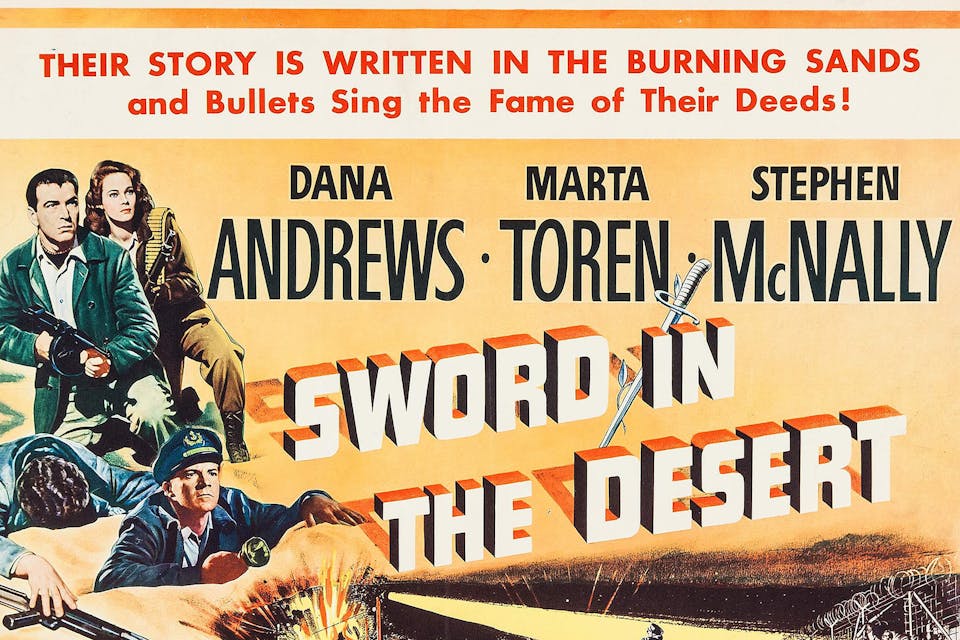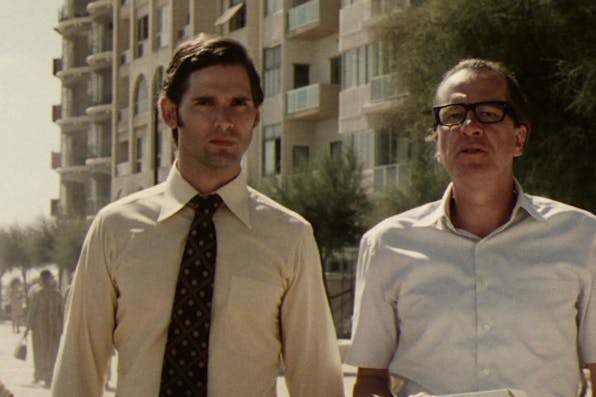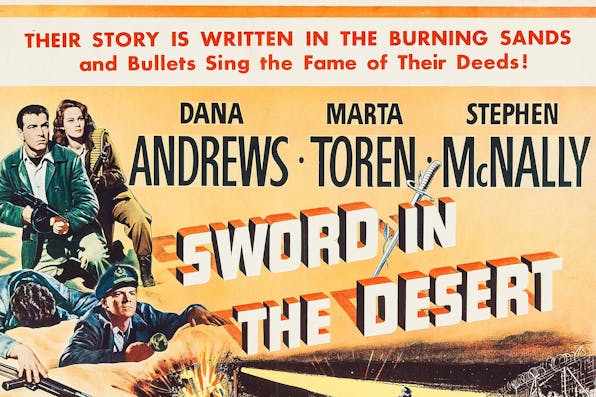
January 31, 2023
Hollywood’s Treatment of Israel Mirrors Hollywood’s Treatment of Everything Else
Moral and political sensitivity may play a role in the neutering of Jewish and Israeli subjects. But it’s likely that the biggest consideration is making money.
In his essay on screen depictions of Israel, Rick Richman notes an apparent paradox. Despite the central role Jews played in building Hollywood, he suggests there aren’t many good examples. Partly to avoid accusations of undue influence or special pleading, Jewish producers, directors, and writers have been reluctant to tell explicitly Jewish stories. And the films that have been made tend to coopt Israel into a moral narrative that is ostensibly universal, yet also very American. Rather than the state of the Jewish people in the biblical promised land, Israel is used as a metaphor for unavoidable human struggles between tradition and modernity, justice and power, belonging and freedom.
As a matter of cinema history, I am not sure how accurate this account is. In fact, Hollywood produced more and earlier films about Zionism and Israel than Richman notes. In 1949, Universal Pictures released Sword in the Desert. Set just a few years earlier, in the last days of the British Mandate for Palestine, the plot, which vaguely resembles Casablanca, revolves around a cynical American who is drawn into the military struggle for Jewish sovereignty. The film is also notable because it includes the first major screen appearance by the actor Jeff Chandler (born Ira Grossel), who plays the Zionist leader Kurta. Chandler would go on to be an outspoken advocate for Israel and produced the 1976 film The Story of David, which was shot partly in Israel and widely released in theaters outside the U.S., where it was broadcast on network television.
Sword in the Desert was followed by other attempts. The Juggler, released in 1953 by Columbia, was the first American production to film in Israel. Adapted by the screenwriter Michael Blankfort from his own novel and produced by Stanley Kramer, known for liberal “message films” including Judgment at Nuremberg and Inherit the Wind, the film featured Kirk Douglas as a Holocaust survivor who experiences a mental breakdown after his arrival in the state. According to the Yiddish scholar and musicologist Henry Sapoznik, The Juggler was “the first film to conflate Holocaust atrocities and the promise of Jewish healing in the newly formed state of Israel.” It reached the screen partly because of Douglas’s determination to portray the sort of strong, complicated Jewish characters that hadn’t been seen before.


